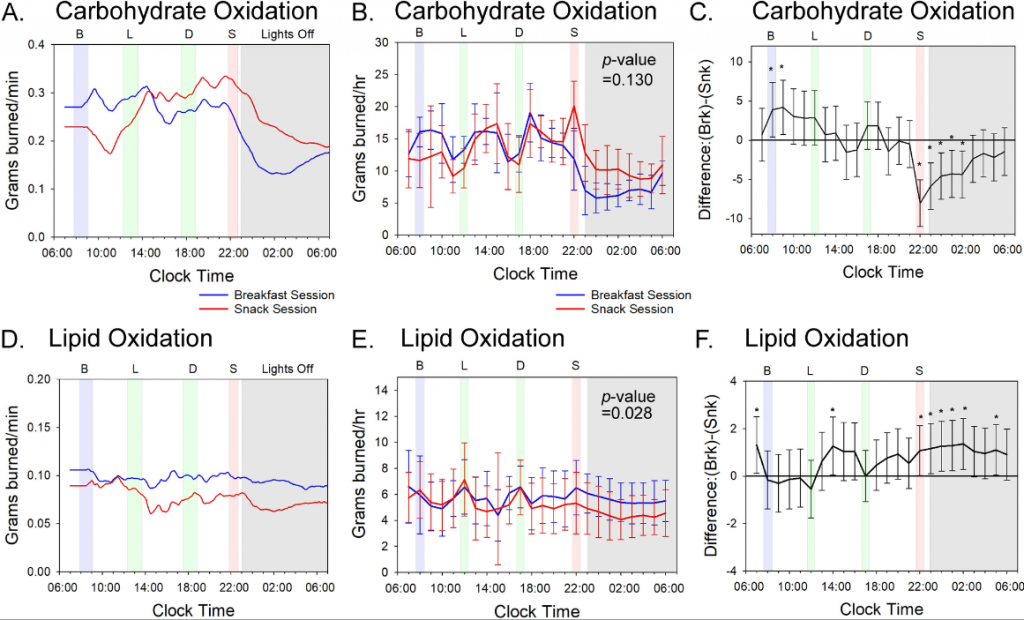
The balance between weight gain and weight gain loss is predominantly determined by what you eat, how much you eat, and by how much exercise you get. But another important factor is often neglected… Published February 27 in the open-access journal PLOS Biology, research conducted by Kevin Kelly, Owen McGuinness, Carl Johnson and colleagues of Vanderbilt University, USA shows that it’s not just how many calories you eat, but WHEN you eat them that will determine how well you burn those calories.
Your daily biological clock and sleep regulate how the food you eat is metabolized; thus the choice of burning fats or carbohydrates changes depending on the time of day or night...
Read More








Recent Comments